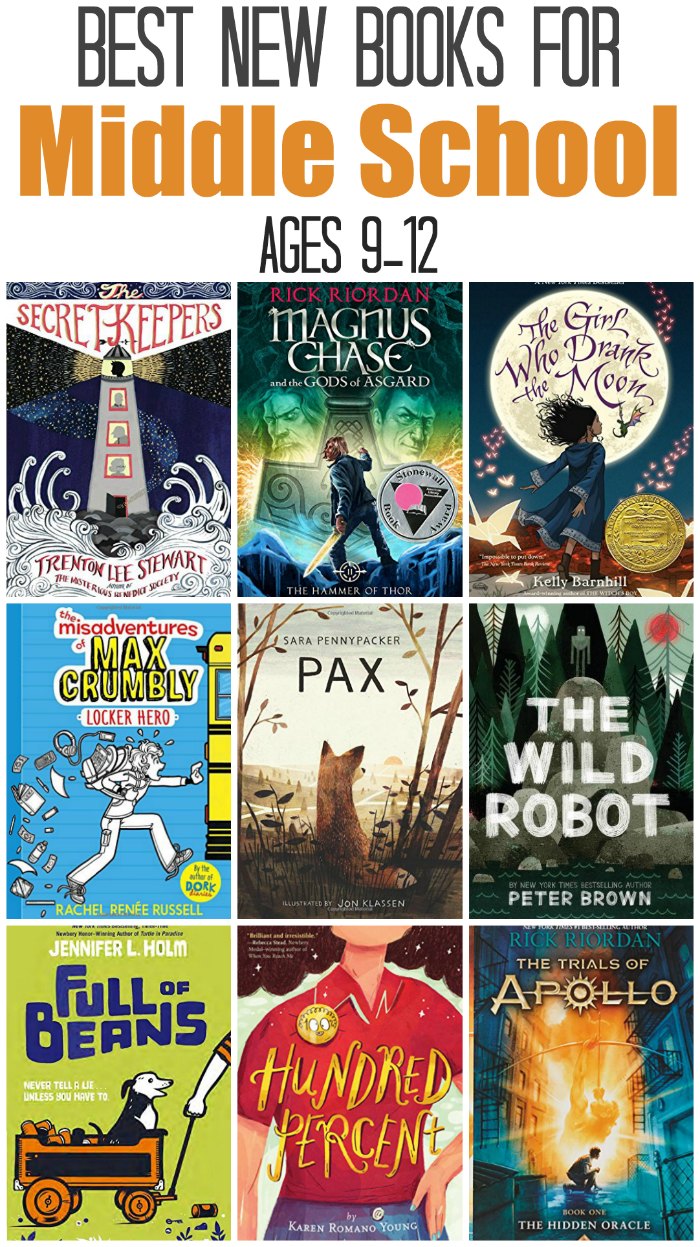


Ursula Todd dies over and over again in Kate Atkinson’s Life After Life-from falling off a roof, from drowning, from succumbing to the flu. Americanah stood out in a decade when art that probed identity in general and race relations in particular helped define the terms of a rightfully impassioned cultural conversation. The question of whether each is better off at home or abroad hangs over their experiences across three continents in what is both a page-turner and a novel of ideas, a gimlet-eyed analysis of blackness in America and a warm, witty coming-of-age tale about finding your place in a world that just keeps getting bigger. Intertwined with her story is that of her high school boyfriend Obinze, whose failed attempt to join her puts him on a darker, more dangerous path in England. to pursue an elite education-and learns what it means to be a black woman in a country built on white supremacy. Its protagonist Ifemelu, like the author, is a young writer who travels from her native Nigeria to the U.S. But Flynn elevates the novel above pulpy cliches, rendering a story that’s both a sharp feminist critique and an engaging literary work.Ī literary prodigy who published her first book, Purple Hibiscus, at age 25, Chimamanda Ngozi Adichie cemented her place as one of her generation’s greatest novelists with Americanah. The qualities of a good thriller-crackling prose, a palpable sense of dread, sharply-drawn characters-are all present in Gone Girl. Unlike many of its imitators, Gone Girl seriously reckons with complicated questions about victimhood, femininity and marriage, set against the straining backdrop of the Great Recession. But since then, Gone Girl has defined a generation’s worth of mystery novels and spawned countless copycats-many with “girl” or “wife” in the title. The novel’s famous twist, in which it’s revealed that neither Amy or her husband Nick are what they seem, made the story hard for critics to parse when it was released. It’s a lot easier to measure the impact of Gone Girl now than it was in 2012. But before Gone Girl, readers had never met a character quite like Amy Dunne: provocative, profane, mercurial and fully capable of delivering a monologue (the infamous “cool girl” speech) for the ages. Author Gillian Flynn didn’t invent the unreliable narrator.


 0 kommentar(er)
0 kommentar(er)
